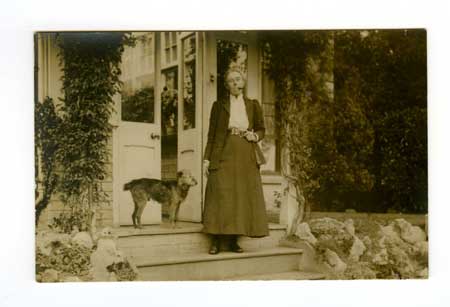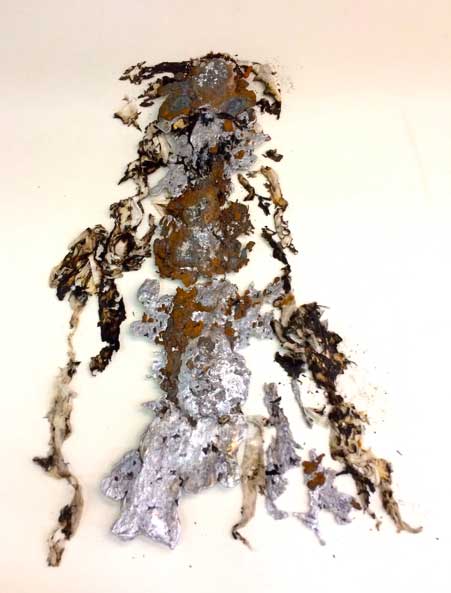About
Professor Kirsti Bohata is a leading scholar in the field of Welsh writing in English, and has published on postcolonial theory, queer literature, disability studies and literary geography from the late nineteenth-century to the present. Her most recent book is Disability in Industrial Britain (Manchester University Press, 2020) which is fully open access.
She is Director of CREW (the Centre for Research into the English Literature and Language of Wales) at Swansea University and co-Chair of the Association for Welsh Writing in English. She serves in advisory roles to the Arts Council of Wales, Literature Wales and Arts and Humanities Research Council.
Interdisciplinary projects include collaborations with historians, cultural geographers, visual artists, dramatists, and computer scientists, supported by funding from the Wellcome Trust, AHRC and the British Academy.
Professor Bohata welcomes postgraduate research proposals in any of her areas of expertise and is happy to consider interdisciplinary projects.




